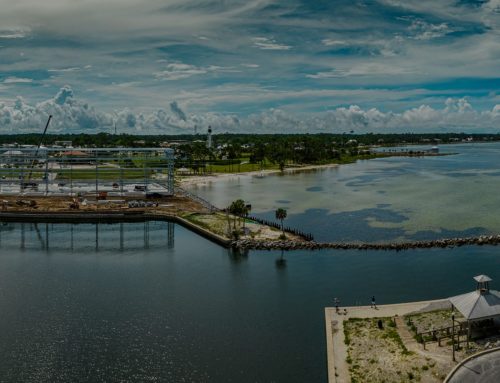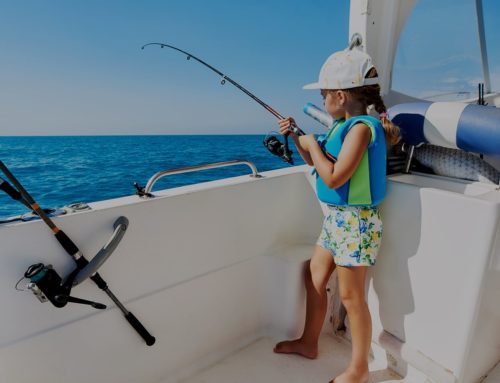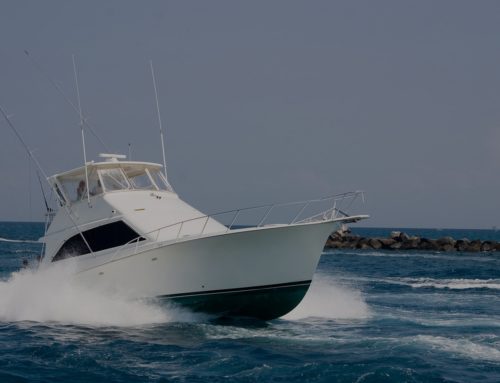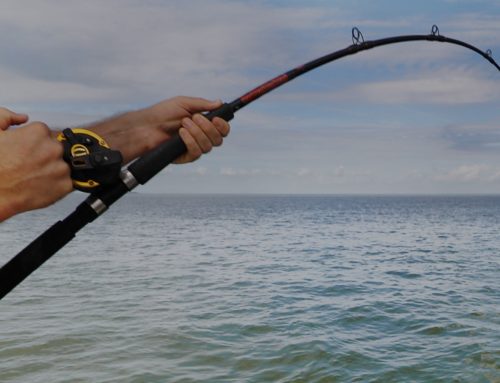Good things come to those who bait. Unfortunately, baiting your rod is not the only element that contributes to a successful catch. Various factors like the weather, light levels, current conditions, seasons, and time of day come into play as well. Ready to learn more about the ideal fishing time? Let’s dive right in!
Differences between Freshwater and Saltwater Fishing
When comparing the differences between freshwater and saltwater fishing, you can first consider the type of catch you want to land. Freshwater fishing is conducted in ponds, lakes, and rivers, which have less than five percent salinity levels. On the other hand, saltwater fishing involves fishing from a boat or pier in the ocean. Naturally, you can expect the size and the type of fish you catch to differ.
Some examples of what you can expect to catch in freshwaters include Alligator Gars, Catfish or Blue tilapia, whereas in saltwater, look out for the Goliath Grouper, Cobia or Snapper. Generally, saltwater fish tend to be bigger than freshwater ones. With such differences in the types and sizes of fish you can expect to reel in, you need to ensure that your equipment is suited to fishing in a particular area too. Saltwater fishing gears are designed to offer more moisture and rust resistance against the seawaters, whereas freshwater gear need not utilize extra materials that protect against corrosion.
Freshwater Fishing Times
Understanding currents and day cycles can be the key to a successful freshwater fishing trip. The weather and light levels all make up the environmental conditions of freshwater lakes and rivers. When it rains lightly, the water surface becomes rippled and hides you from fish beneath the water surface. With the heightened activity of insects during light rain, freshwater fish are also encouraged to come out and feed.
When it is sunny out, look out for shaded areas! Freshwater fish may hide under docks, trees, and branches. However, extreme temperatures are not ideal for fishing. During periods of really high and low water temperatures, fish get sluggish and are generally less active. Typically, early morning and evening are great timings to fish.
Saltwater Fishing Times
When it comes to saltwater fish, there are a few factors to consider. Most obviously, tides and water movement affect the activity of game fish. As a general rule, the larger the tidal change, the more active the fish will be.
Weather and seasonal migration patterns will also affect your catch. Successful anglers observe the habits and activity levels of different species. Just like the time of day for freshwater fishing, dawn and dusk are the best timings to go saltwater fishing if the tides are in your favor. It helps to check your local fishing reports to note water temperatures and daily tide changes.
Whether you intend to fish in an inshore backwater pond or an offshore deep water fishing zone, Captain Sullivan’s expertise in navigating and choosing the right gear will help you enjoy a stress-free fishing trip. With skilled expertise in knowing the best timings to fish in both freshwater and saltwater spots, fishing with Captain Sullivan will be a decision you won’t regret.





